
Some dog breeds are more susceptible to hypothyroidism as compared to other breed. Find out what hypothyroidism symptoms to watch out for...
A sheltie is expected to live for 10 to 15 years as long as proper care is provided. However, much is your desire to keep your sheltie fit, inevitable circumstances may appear along the way and eventually affect your pet's health and life negatively. Shelties from reputable breeders are less likely to develop health issues however, some lines may be susceptible to diseases, one of which is hypothyroidism.
Hypothyroidism, as the name implies, is a disorder associated with thyroid gland. This thyroid gland secretes thyroid hormone that is known to regulate a dog's metabollic rate. Hypothyroidism occurs when the thyroid gland is unable to produce enough thyroid hormone due to the attacks made by dog's immune system to the tissues of the thyroid gland. This therefore decreases the dog's metabollic rate. While thyroid disorders are often considered as genetic diseases, environmental factors such as pollutants and allergies may also trigger the disorder.
To determine if your sheltie is affected by hypothyroidism, here are some symptoms to watch out:
There are various methods used to diagnose hypothyroidism. However it is important that all diagnosis must begin with examination by looking for clinical signs of hypothyroidism as well as taking history of the dog. If hypothyroidism is suspected, it must be confirmed through tests such as:
Treatment of hypothyroidism consists of levothyroxine. Levothyroxine, a synthetic thyroid hormone, can be given twice daily to replace the dog's hormone. Dosage maybe dropped to once a day if positive results start to appear.
Article Tags: Thyroid Gland, Thyroid Hormone
 Scottish Outdoor Access Code : How It Applies To Your Dog
Scottish Outdoor Access Code : How It Applies To Your Dog
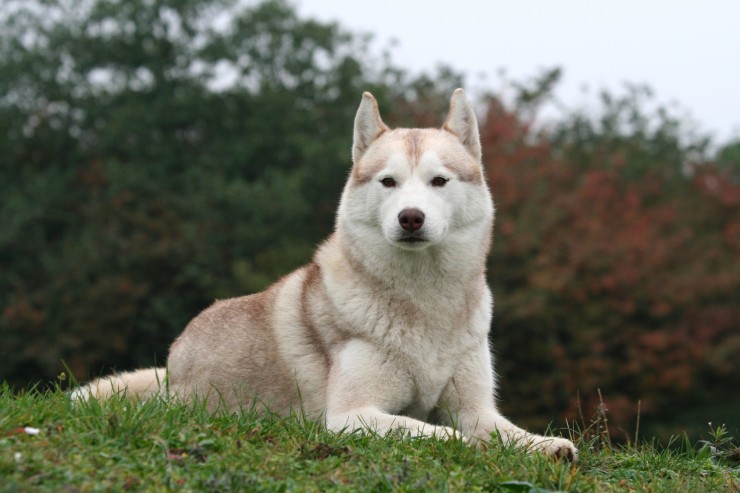 Ten Important Questions To Ask When Buying Or Adopting An Adult Dog
Ten Important Questions To Ask When Buying Or Adopting An Adult Dog
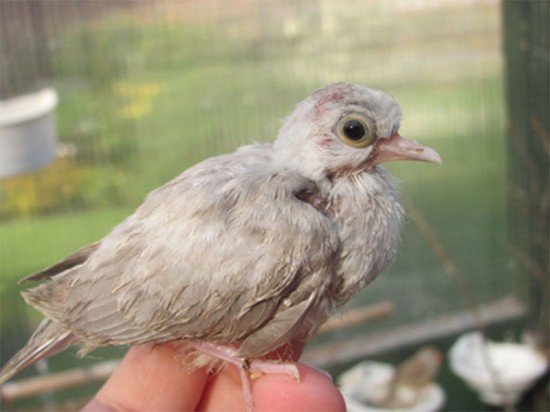 Diamond Doves - The Littlest Dove
Diamond Doves - The Littlest Dove
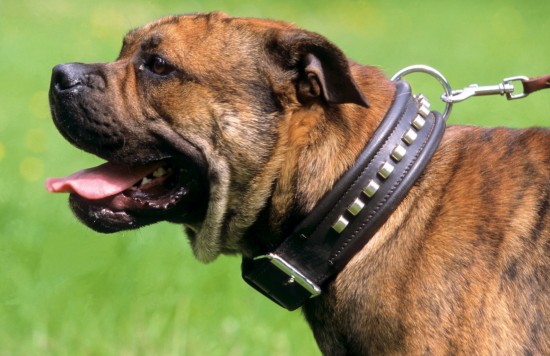 Changes To The Dangerous Dogs Act 2014 - What All Dog Owners Need To Know
Changes To The Dangerous Dogs Act 2014 - What All Dog Owners Need To Know
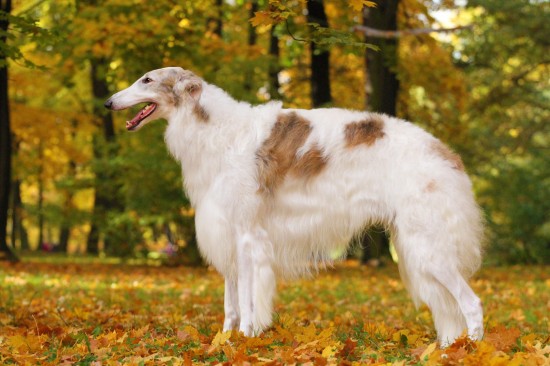 An In-depth Look At Borzoi Dog Health And Wellness
An In-depth Look At Borzoi Dog Health And Wellness
 Dogs And Flatulence - Dealing With A Stinky Dog
Dogs And Flatulence - Dealing With A Stinky Dog
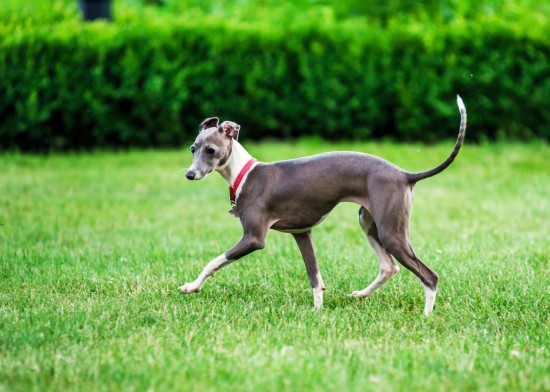 Italian Greyhound Longevity And Hereditary Health
Italian Greyhound
Italian Greyhound Longevity And Hereditary Health
Italian Greyhound
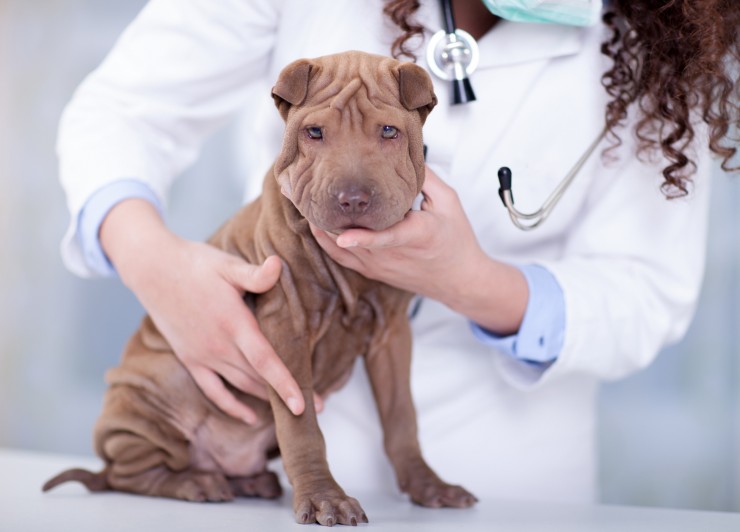 Four Tips On Canine Care That Your Veterinary Nurse Wants To Tell You
Four Tips On Cani
Four Tips On Canine Care That Your Veterinary Nurse Wants To Tell You
Four Tips On Cani
 Puppy Care - The Ten Top Rules To Teach Your Puppy
Puppy Care - The
Puppy Care - The Ten Top Rules To Teach Your Puppy
Puppy Care - The
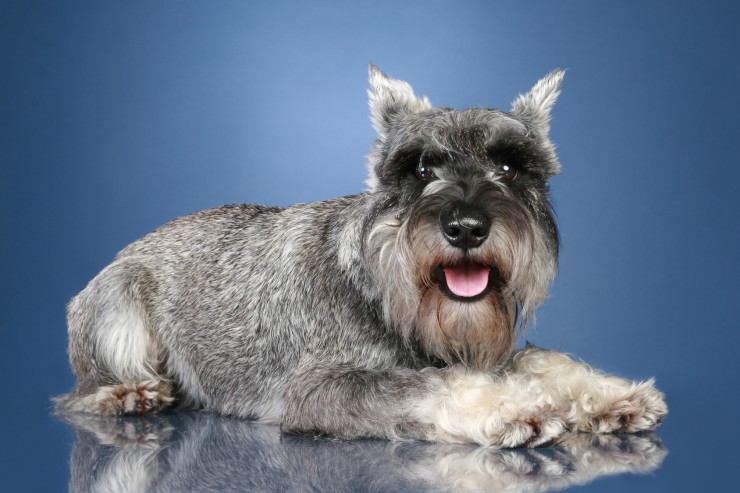 Foods That Help Older Dogs Stay In Good Condition
Foods That Help O
Foods That Help Older Dogs Stay In Good Condition
Foods That Help O
 Did You Know That Kennel Cough Affects Cats Too? Feline Bordetellosis
Did You Know That
Did You Know That Kennel Cough Affects Cats Too? Feline Bordetellosis
Did You Know That
Copyright © 2005-2016 Pet Information All Rights Reserved
Contact us: www162date@outlook.com